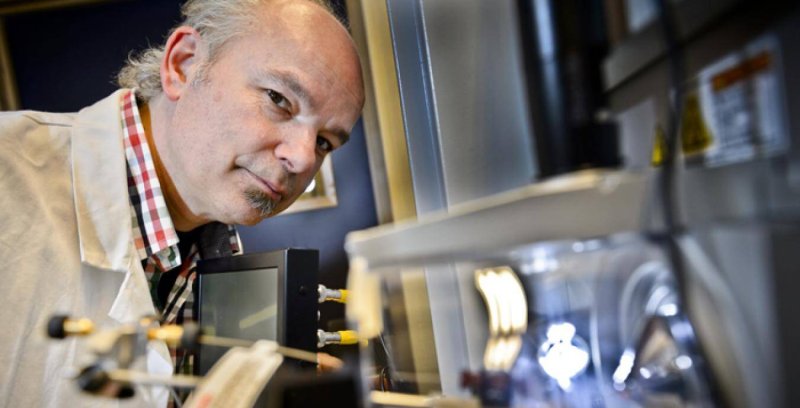Integrating its parent fields of proteomics and genomics with transcriptomics, proteogenomics is the latest in a series of ‘omics technologies to reach the science bench. The goal is to discover new peptides by comparing mass spectrometry data from the protein sample of interest with a database of proteins created from genomic and transcriptomic data.
…
Associate Professor György Marko-Varga uses proteogenomics at Lund University in Sweden. His research looks at variations in proteogenomic biomarkers in disease including cancer.
…
Proteogenomics gives a systems perspective, viewing the genome sequence, RNA expression, protein synthesis and post-translational modifications all at once. Its potential is in use for prevention, diagnosis and treatment of disease and for precision medicine, creating treatment groups based on patients’ proteogenomic profile or even designing drugs to act on a specific biomarker.
…
The real breakthrough use of proteogenomics has been better treatment and diagnosis of diseases such as cancer. Proteogenomic analysis allows understanding of the molecular changes, such as translocation or methylation, that lead to cancer. This ability to determine biomarkers of disease is revolutionizing diagnosis.
…
[P]roteogenomics represents a huge step forwards in our ability to view human biology as a whole, functioning system. As technology improves the future could see precision medicine where treatments are tailored to individuals. How our diet and lifestyles affect our proteogenome may predict our future disease, and how we plan and carry out clinical trials.Read full, original post: Proteogenomics: The Path to Personalized Medicine?































